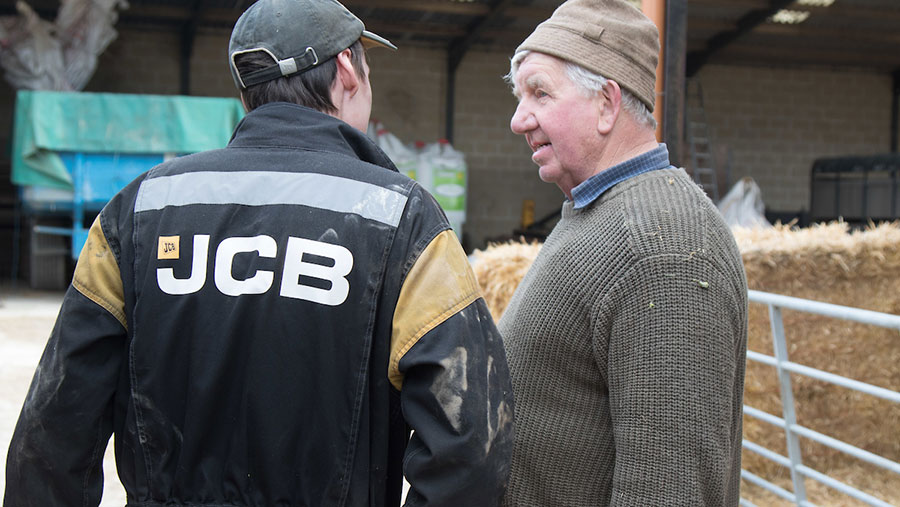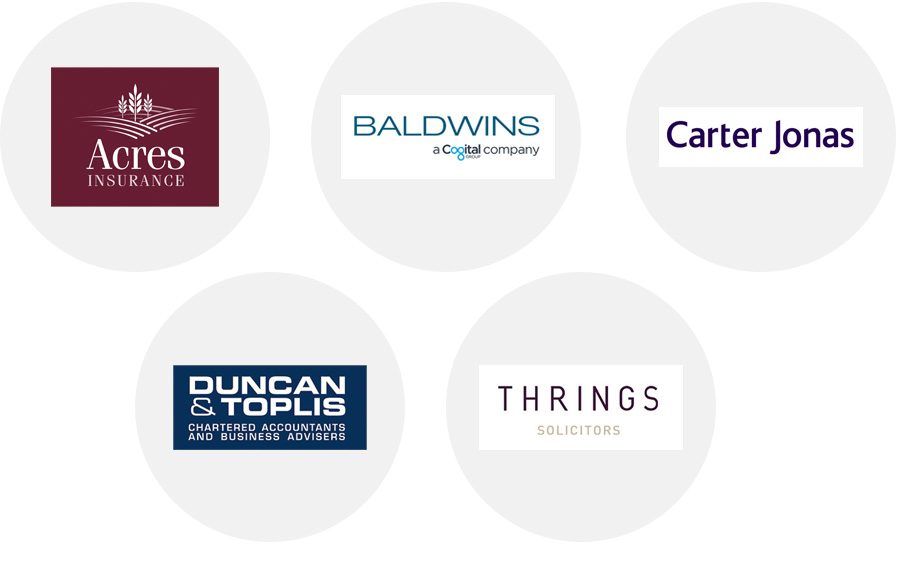Business Clinic: How to hand the business over to my son
 © Tim Scrivener
© Tim Scrivener Whether it’s a legal, tax, insurance, management or land issue, Farmers Weekly’s experts can help.
Here, Mark Chatterton of Duncan & Toplis advises on how best to structure a multigenerational family farm.
See also: Business clinic – Is CGT due on sale of long-held farm building with planning?
Q. I am 52, with an ambitious son who has some great ideas to expand our farm. I also have plans to keep developing enterprises myself.
I run an arable and beef farm in partnership with my mother on a mix of owned, tenanted and contracted land. Is there an ideal business structure to set up?
This is an increasingly common issue. Traditionally, the next generation would join the family partnership or company, building up their share over time.
This could well be valid in your case, with you both running different enterprises, being responsible for them and remunerated accordingly.
Sole trader
However, it may be best for your son to set up his own sole trader business, which would be separate from the family farm.
You would agree certain enterprises that would be under each of your control. He would pay a rent for the use of any land or buildings that were owned by you.
If you did work for each other, you would raise invoices at commercial rates.
The advantages of such a structure include encouraging him to develop his financial and management skills independent from you.
The feedback from those families who have adopted this approach has been positive and it is a great training ground for the next generation.
Borrow from business
Your son could also borrow from your business in the early days at more favourable rates than from the bank.
This would enable him to buy assets in his own name and develop his business. Over time, he would build up his own balance sheet, independent of the family partnership.
This separate business structure may make succession issues easier. It would be more transparent, so any siblings can see that he has built up his own business over time.
It also avoids the issue of not being correctly remunerated for the early years of someone’s working career.
At a later date, he could either come into the partnership or be gifted assets outright. Relevant tax issues will need taking into account at that time, as the rules may have changed.
However, the valuable capital gains tax (CGT) holdover relief for gifts of business assets means currently no CGT is due. The recipient acquires the asset at the donor’s historic base cost.
There are many issues to consider in addition to those mentioned, not least any inheritance tax implications of changes such as letting land or buildings to your son.
Do you have a question for the panel?
Outline your legal, tax, finance, insurance or farm management question in no more than 350 words and Farmers Weekly will put it to a member of the panel. Please give as much information as possible.
Send your enquiry to Business Clinic, Farmers Weekly, RBI, Quadrant House, The Quadrant, Sutton, Surrey SM2 5AS.
You can also email your question to fwbusinessclinic@rbi.co.uk.

